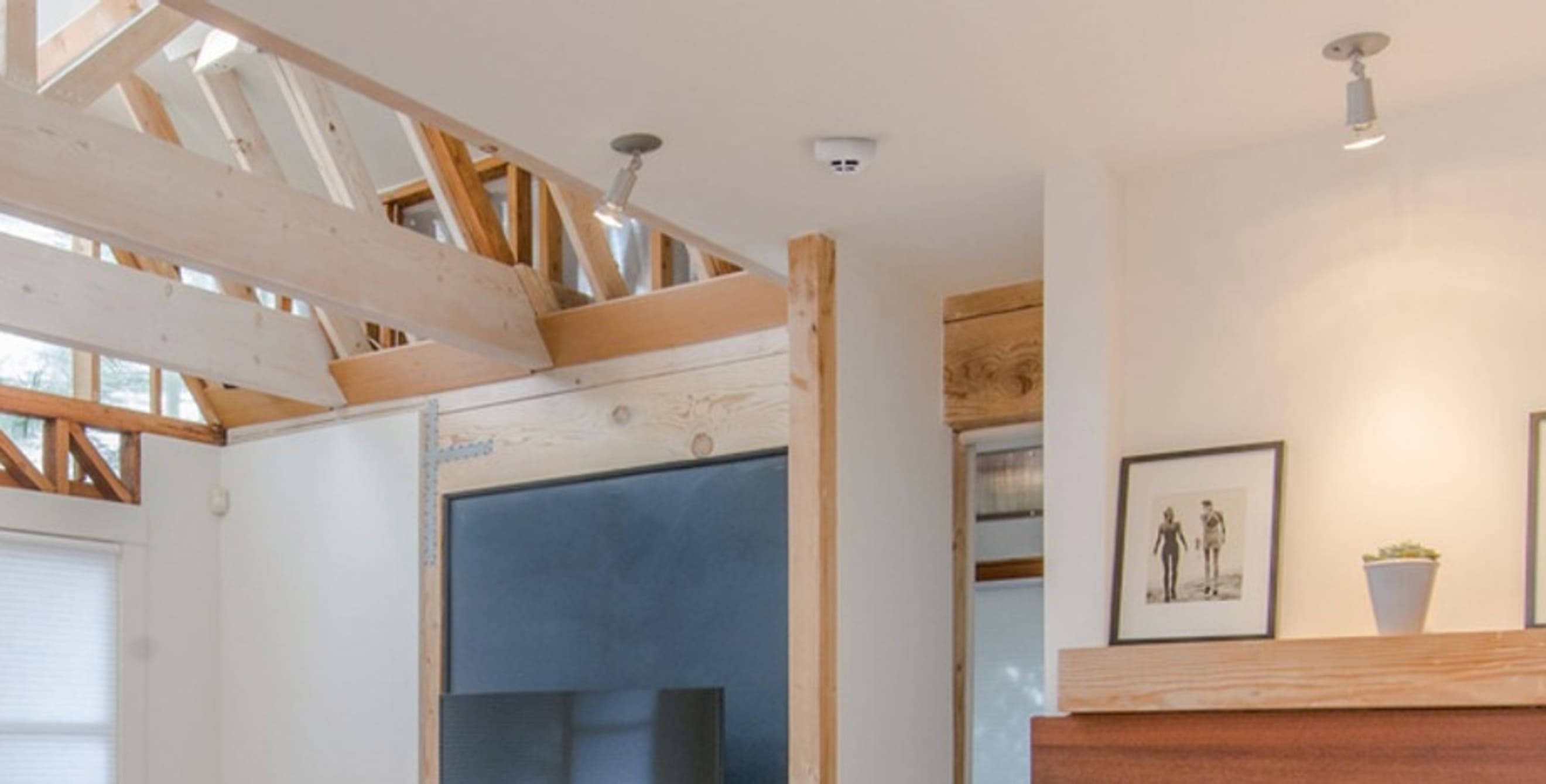14 Common Questions about Smoke Alarms and Detectors
AAA Smart Home Security

1. How Do I Turn off My Smoke Alarm?
Most smoke alarms have an "off" or "reset" button. Remove your smoke detector from the wall and look for a button on the side or bottom.
2. Smoke Alarm Chirping?
Smoke alarms usually chirp when the batteries are running low. To stop the chirping sound, change the batteries in your smoke detector.
3. How Do I Change My Smoke Detector Battery?
Batteries are usually located under a panel on the back of a smoke alarm. Remove the smoke alarm from the wall and remove the panel to access the battery case.
4. How Do I Reset My Smoke Alarm?
Most smoke alarms have a "reset" button on them. Press this button to reset your smoke alarm. If there is no such button, remove the batteries and then put them back in.
5. Why Do Smoke Alarms Go Off for No Apparent Reason?
Smoke alarms may go off for a few reasons that don't involve smoke, including dying batteries. Humidity, steam and heat from an HVAC system or oven can also cause alarms to go off.
6. How Do I Disable My Smoke Alarm?
You can disable your smoke alarm by pressing the "off" button or removing the batteries.
Disabling your smoke alarm is not recommended under any circumstance. Fires can start without warning and smoke detectors can be an important part of notification.
7. How Do I Disconnect My Smoke Alarm?
Disconnecting your smoke alarm can be done by removing it from the wall and using the "off" button or removing the batteries. It is not recommended that you disconnect your smoke alarm.
8. How Do Smoke Alarms Work?
There are two main kinds of smoke alarms. Photocell smoke detectors use infrared light beams and sensors to detect the presence of smoke. Ionization smoke detectors use ions in an ionization chamber; when smoke enters this space the flow of ions is disrupted, triggering the alarm to go off.
9. How Long Do Smoke Detectors Last?
Most smoke alarms have a lifespan of eight to ten years. You should replace your smoke alarms around this time to ensure they work as intended.
10. How Do You Install a Smoke Alarm?
Smoke detectors are generally wall-mounted. They can be installed by screwing the base into the wall or using adhesive strips. If smoke detectors are part of an alarm system, an electrician may be required.
11. Where Should Smoke Alarms Be Placed?
Smoke alarms should be installed inside each bedroom, in hallway areas, in kitchens and in common living spaces. Place at least one smoke detector on each floor, including the basement. Smoke detectors should be as close to the ceiling as possible.
12. Do Smoke Alarms Detect Carbon Monoxide?
In general, smoke alarms do not detect carbon monoxide. Some dual smoke alarms and carbon monoxide alarms are available, but these products are specifically marked as such.
13. Why Is My Smoke Alarm Blinking Red?
A flashing red light is often an indicator that a smoke alarm is working properly. If an alarm stops flashing, it may not be functional and may need new batteries or to be replaced.
14. What Causes a Smoke Detector to False Alarm?
Many things can cause a false alarm, including heat and humidity. If your smoke alarm is going off and you are sure there is no fire, remove it from the wall and use the "reset" or "off" button to stop the alarm.
Get started protecting your home today!
Need advice building your system?
Fill out the form, call us at 844-453-4100, or visit your local AAA Branch.